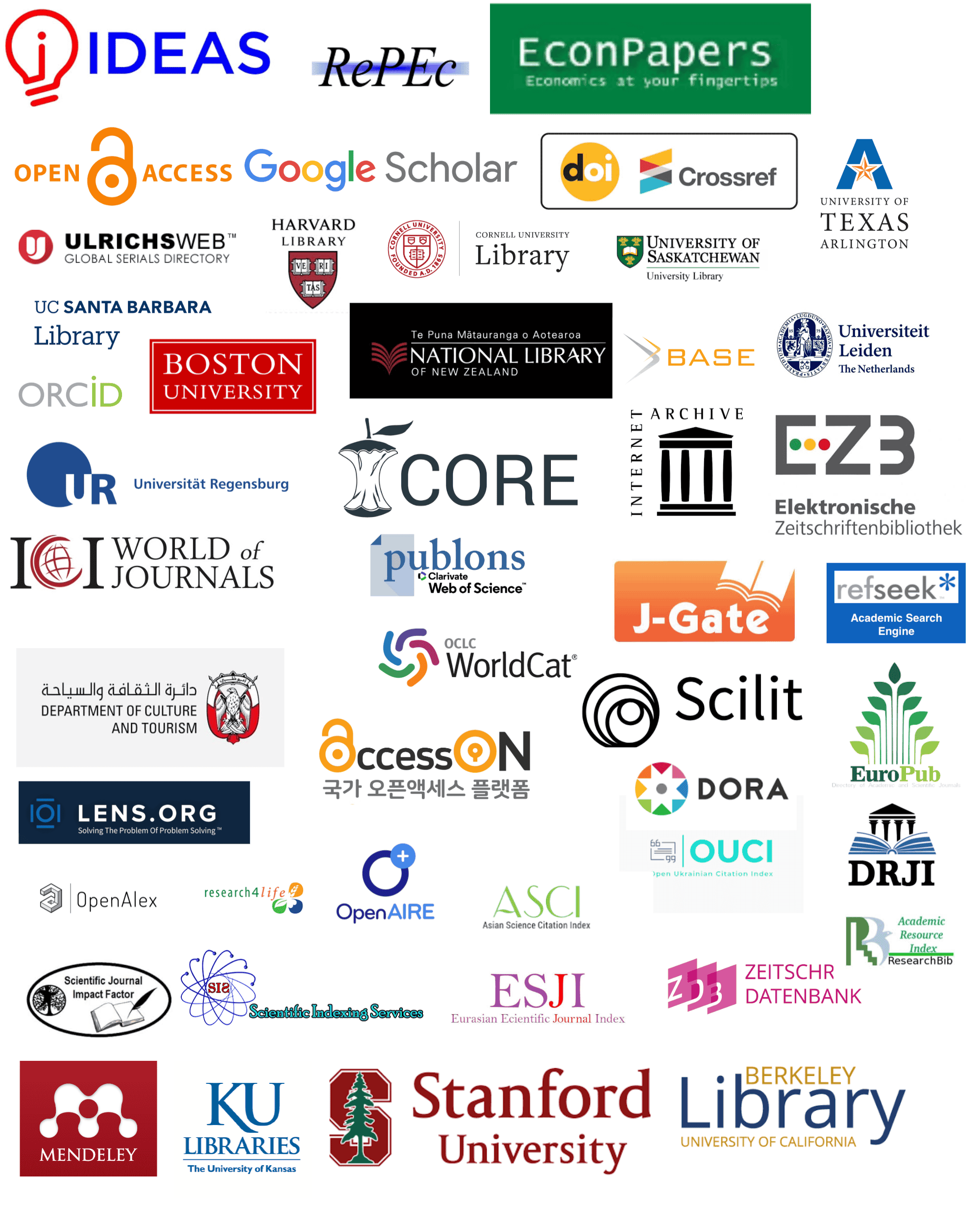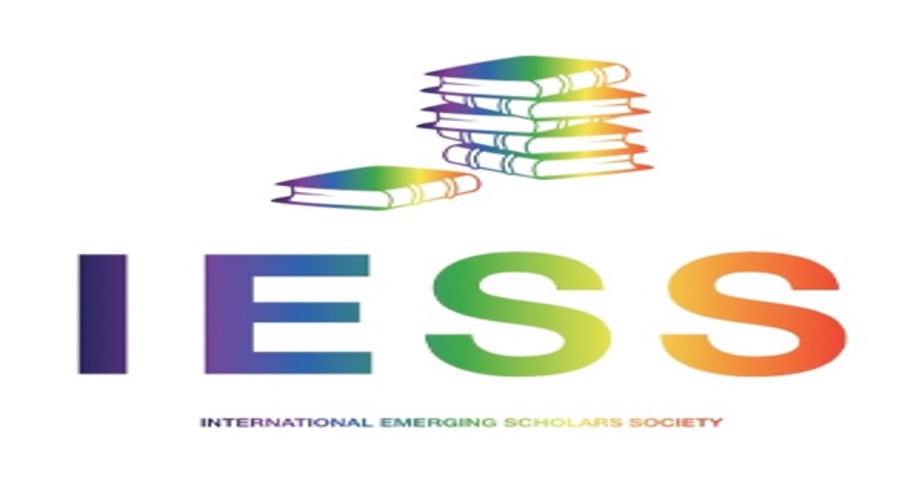Effect of Personality Traits on Investment Intention of People: Kazakhstan Case
DOI:
https://doi.org/10.56879/ijbm.v1i1.2Keywords:
Risk tolerance, investment willingness, financial literacy, openness, conscientiousness, extraversion, neuroticism, agreeableness.Abstract
The paper aims to study relationship between personality traits (“big five” traits, such as openness, conscientiousness, extraversion, neuroticism, and agreeableness), as well as financial literacy of retail investors on willingness to make investment decisions on financial assets in Kazakhstan. Survey collection method of 200 randomly selected people from different social statuses, geographical locations (cities, countryside) and ages via internet, printed papers, and face-to-face meetings. There were decided to approach exploratory study with pragmatic philosophical view. Due to the reason of usage questionnaire, quantitative approach will be the most suitable approach for the study. The research is tended to be completed during the one academic semester. Hence, cross-sectional study is the best fitted type of study for the research paper. Salary, extraversion, agreeableness, preferences on investment instruments and level of financial literacy have statistically significant positive impact on intention of people to participate in investment activities. Conversely, openness trait found to has statistically significant negative impacts on investment intention of participants. Other variables do not have a statistically significant negative or positive impacts on investment willingness within the country. Intention to make investment decisions can be identified by screening of secondary data received from related papers, intention to make risky investments and level of risk tolerance toward investment decisions. However, level of tolerance toward risks varies according to the individuals' level of neuroticism, agreeableness, as well as level of sadness, conscientiousness, and financial literacy.
Downloads
Published
Issue
Section
License
Copyright (c) 2022 Olzhas Sadykov (Author)

This work is licensed under a Creative Commons Attribution 4.0 International License.


